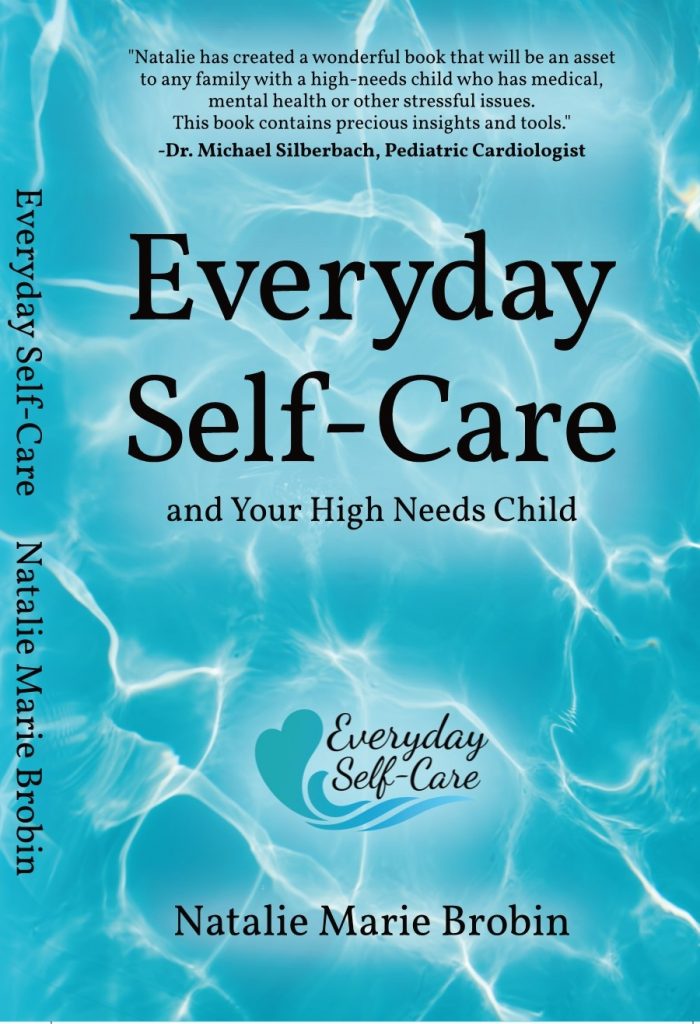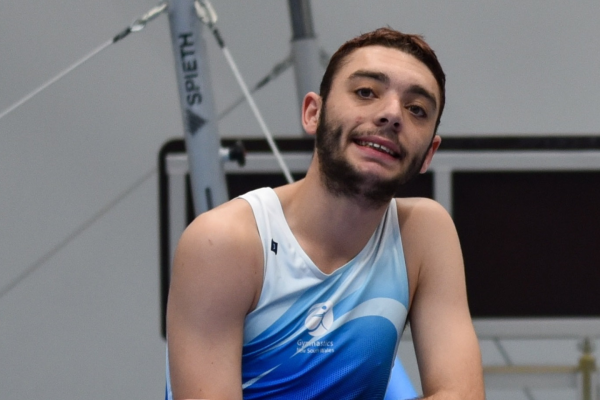
What it means to become a medical mama
By Natalie Brobin
“You know more than the cardiologist!”
My husband, Steve, said this after an appointment with our daughter’s cardiologist. Previously, I had tried to explain to the doctor what I had learned at a recent conference about our daughter’s genetic disorder, Turner syndrome (TS) and how it related her cardiac issues. He didn’t believe me at the time, but when I presented him with the published papers, he did.
I was so out of it when we heard about our daughter’s heart condition. We knew within 24 hours that there was “something wrong” with our baby’s heart. In the beginning, I was so overcome with emotion and just gave birth to our daughter that I had a hard time understanding anything. My brain was in a fog and I couldn’t really grasp anything. I’ve talked to a lot of moms who felt the same way, especially if their child was diagnosed following their birth. Luckily, my husband could listen, ask questions and understand the doctors. At this point, there is no way that I could have imagined myself knowing more than any doctor.
Many of us have similar stories. We start out never having heard of the diagnosis our child has while months and years later, we are medial mums.
Whether we want to or not, we end up becoming medical experts on our child’s health issues. None of us are prepared for a devastating diagnosis, but we do the best we can because it is our beloved child who is sick. We keep track of laboratory testing such as blood and urine, bone age, hormone levels, and many more depending on the illness. We know exactly what to look for on the echo, x-ray, EKG, hearing test, vision test and more. We talk in medical terminology like a seasoned physician.
We become experts in pediatric “ologists”
In the beginning, we have limited knowledge of what medical specialists do, but after a while, the language becomes second nature. Cardiologist, gastroenterologist, oncologist, endocrinologist, neurologist, nephrologist, ophthalmologist, and audiologist are just a few of the specialists our children may see to help manage their health condition. There are also many different kinds of therapists such as physical, speech, occupational and more. If it looks like a lot to keep track of, it is. However, we do it anyway because their health is at stake.
Medical Mama
With my daughter’s genetic disorder, I managed all of my daughter’s health care needs and coordinated all the specialists. There wasn’t really one specialist overlooked her care. I could do this because I followed the Clinical practice guidelines for the care of girls and women with Turner syndrome. I realised at some point along the way that I was the expert on our daughter’s care. There were far too many specialists involved for any one of them to understand the broad view. I suggest you find the clinical practice guidelines related to their illness. It will help immensely.
If you are truly lucky, you will have a pediatrician or family doctor who overlooks her care, but you still need to see the overall picture of her health. This understanding will help you make wiser decisions for their care.
Organisation
We quickly find out that a note pad and paper won’t help us keep track of all the doctors and appointments. When my daughter was diagnosed in 1999, I used a multi-subject notebook which included folders for each specialist and put all notes and medical information in each folder. Echo results went with cardiology and bone age went with endocrinology. I also have multiple documents on my computer of published papers and articles related to my daughter’s issues and advice from other parents. Nowadays, the patient portals keep their health care records at your fingertips. It has made life much easier.
When our child has a complex illness, we do everything we can to make their lives easier. In the process, we earn our own parenting MD. Never forget that YOU know your child better than anyone else.
How do you prioritise your own health when you’re the parent of a high-needs child?
Natalie Brobin’s life turned upside down when she found herself struggling to care for a daughter with a rare chromosomal disorder called Turner Syndrome, which can cause heart defects and delayed growth, among other health issues, particularly in girls. Struggling to prioritise her daughter’s health amidst the everyday madness of raising two other children and thus juggling carpools, diving practices, family commitments and neighbourhood get-togethers, Brobin eventually had a nervous breakdown after a dear friend’s death by suicide that left her determined to find another way to live. After rediscovering herself through a combination of therapy, yoga, advocacy work and writing, Brobin discovered the path to self-care for any parent of a special needs child (or even a typical one). Everyday Self-Care and Your High Needs Child provides concrete ideas on how to reduce stress through breathwork, meditation, nutrition, healthy sleep, therapy, laughter and positive outlets for stress.
Written in concise chapters, and drawing from the experience of other parents as well as the input of doctors, this book is the informed, experienced life coach in your pocket that every parent of a special needs child can use.
About the author
Natalie Brobin who has a Journalism degree writes about parenting, trauma, loss, grief and life. A registered yoga instructor and a Yoga Recovery 2.0 Coach, she’s been published in The Mighty, Thrive Global and Light Hustler. She’s also been featured in and on multiple media outlets for her advocacy on behalf of Turner Syndrome—the rare genetic disorder her daughter has. A dedicated volunteer for the Turner Syndrome Society of the United States, Brobin is currently working on a book called Everyday Self Care During Grief. Her blogs can be found at www.everydayself-care.com. She recently moved to California and enjoys daily walks on the beach.








